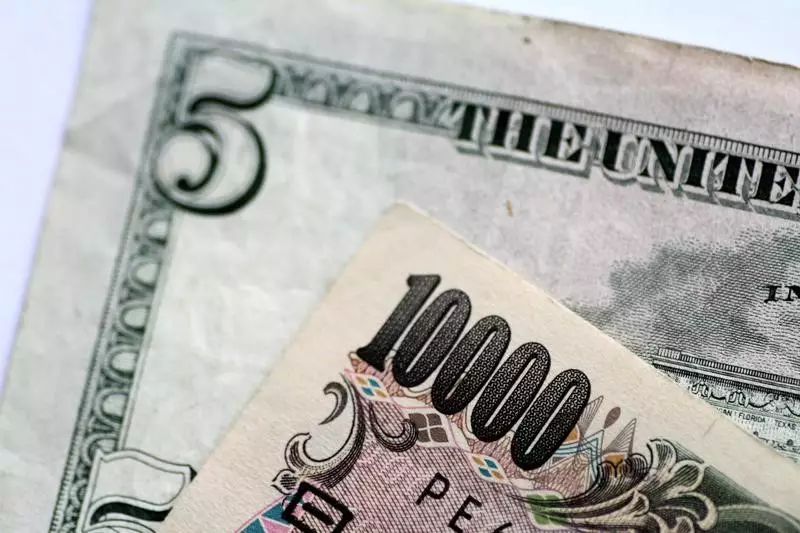In a notable shift within the global currency markets, the Japanese yen has risen to its strongest position against the U.S. dollar in over a month. This fluctuation was primarily spurred by inflation data from Tokyo that surpassed market expectations, further fueling speculation regarding an imminent rate hike by the Bank of Japan (BOJ). As a result, the USD/JPY currency pair, which indicates how many yen are required to purchase a single dollar, plummeted by approximately 1%, reaching a value of 150.01 yen—its lowest point since late October.
The significance of the Tokyo Consumer Price Index (CPI) cannot be understated, as it serves as a leading indicator for the national inflation rate. A robust reading has implications that extend beyond immediate market reactions, reinforcing a framework where sustained inflation could see the BOJ maintain a hawkish stance in the months ahead. Analysts noted that this data points towards a robust economic environment, which could justify adjustments to monetary policy aimed at controlling inflationary pressures.
Market Expectations and Central Bank Signals
Recent sentiment among traders reflects a growing consensus around the likelihood of a 25 basis point interest rate hike by the BOJ in December. This perspective was echoed by BOJ Governor Kazuo Ueda, who has reiterated the central bank’s intentions to move towards increasing interest rates further. Ueda’s comments highlight a “virtuous cycle” characterized by rising wages interconnected with stable inflation rates—a narrative that underpins the central bank’s strategic aims.
With the anticipation of a rate hike, analysts from ING noted that the accelerating inflation, coupled with steady economic momentum, raises the probability of this policy shift. Such an adjustment would mark the BOJ’s third rate hike within the year and illustrates a notable departure from nearly a decade of maintaining negative interest rates—a policy designed to stimulate growth during periods of stagnation.
The Broader Economic Context
The underlying factors contributing to this shift in monetary policy can primarily be traced back to sharp increases in wages observed in Japan over the past year. The upward trend in wages has not only supported consumer spending but has also played a vital role in fostering an environment conducive to inflation. UBS analysts have even projected further wage increases in 2025, which could potentially lead to additional rate hikes, making this an important period for the BOJ and the wider economy.
In contrast to the currency appreciation, equities in Japan reacted negatively to the prospect of rising interest rates. The Nikkei 225 index experienced a decline of 0.7%, while the TOPIX index fell by 0.6%. This downturn in the stock market underscores the broader anxieties associated with the implications of tighter monetary policy, suggesting that investors are cautiously adjusting their expectations amidst ongoing economic adjustments in Japan.
As the Japanese yen strengthens and the BOJ signals potential shifts in monetary policy, market participants are left speculating on the future course of the Japanese economy. With firmer inflation data and increasing wage growth at the forefront, Japan appears to be navigating a complex landscape, one where economic recovery and inflation control will play critical roles in shaping the financial outlook for 2025 and beyond. The decisions made in the coming months will surely have lasting impacts, not just for the yen but for the broader Asian economic narrative.

